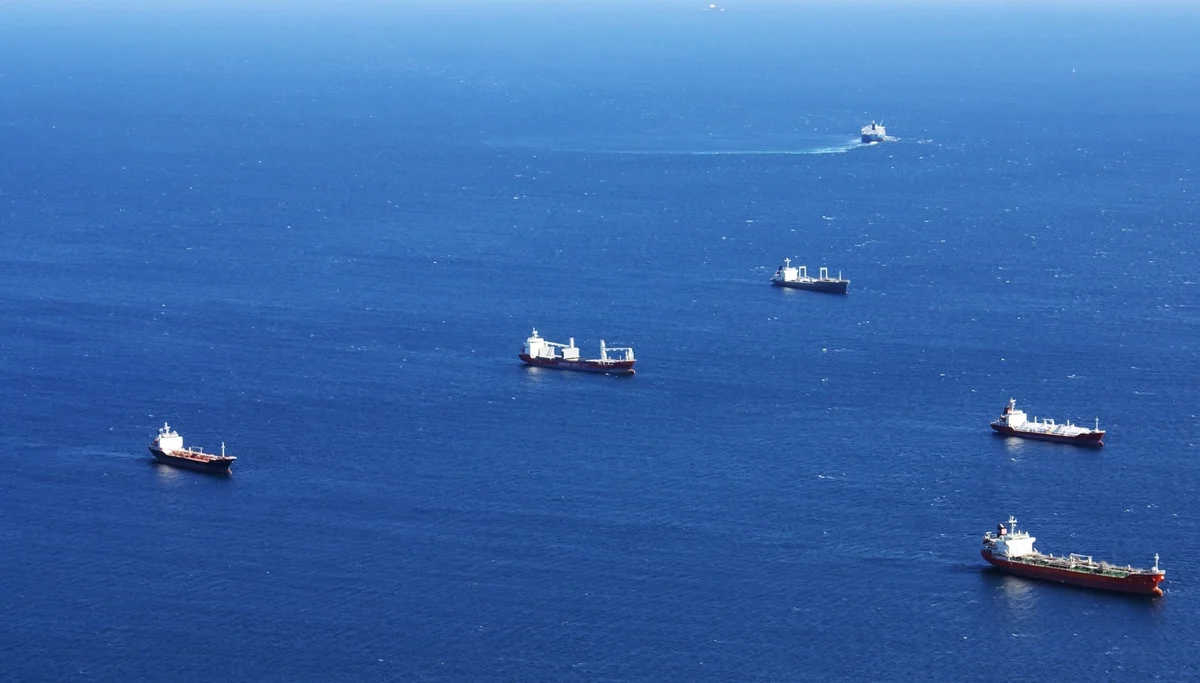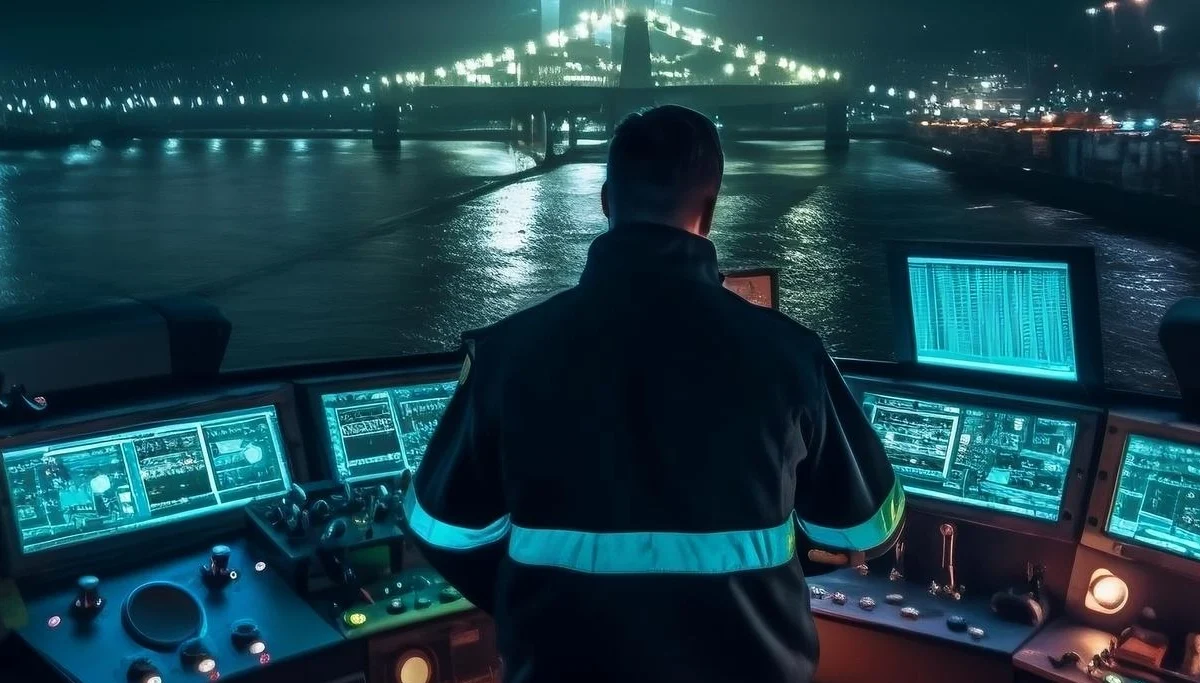In the fast-evolving maritime industry, crew training has become more critical than ever. With technological advancements and increasingly stringent safety regulations, ensuring that seafarers are well-trained is essential for maintaining operational efficiency and safety standards.
1. Adapting to New Technologies:
The introduction of advanced systems onboard, such as automated navigation, digital communication tools, and real-time data analytics, requires that crew members stay updated with the latest technology. Regular training sessions help seafarers understand and effectively use these tools, which can lead to safer and more efficient voyages.
2. Regulatory Compliance:
International maritime regulations, such as the International Safety Management (ISM) Code and the Standards of Training, Certification, and Watchkeeping (STCW), mandate specific training for crew members. Adhering to these regulations is not just a legal obligation but also a best practice to ensure that vessels operate without incidents.
3. Safety and Emergency Preparedness:
Accidents at sea can have catastrophic consequences. Regular drills and safety training ensure that crew members are prepared to handle emergencies such as fires, equipment failures, and medical emergencies. By practicing emergency protocols, crews can act quickly and decisively when real incidents occur, potentially saving lives and preventing significant damage.
4. Enhancing Crew Morale and Efficiency:
Well-trained crew members tend to be more confident and efficient in their duties, leading to smoother operations onboard. Additionally, investing in crew training shows that a company values its workforce, which can boost morale and reduce turnover rates.
5. The Role of Ship Management Companies:
Ship management companies play a crucial role in organizing and facilitating training programs. Whether it’s providing in-house training or partnering with maritime academies, these companies ensure that their crews meet the highest standards of competence and safety.
Conclusion:
In modern ship management, the importance of continuous crew training cannot be overstated. As the industry continues to evolve, staying ahead with well-trained and knowledgeable crews will be key to ensuring both compliance and success in the global maritime arena.




